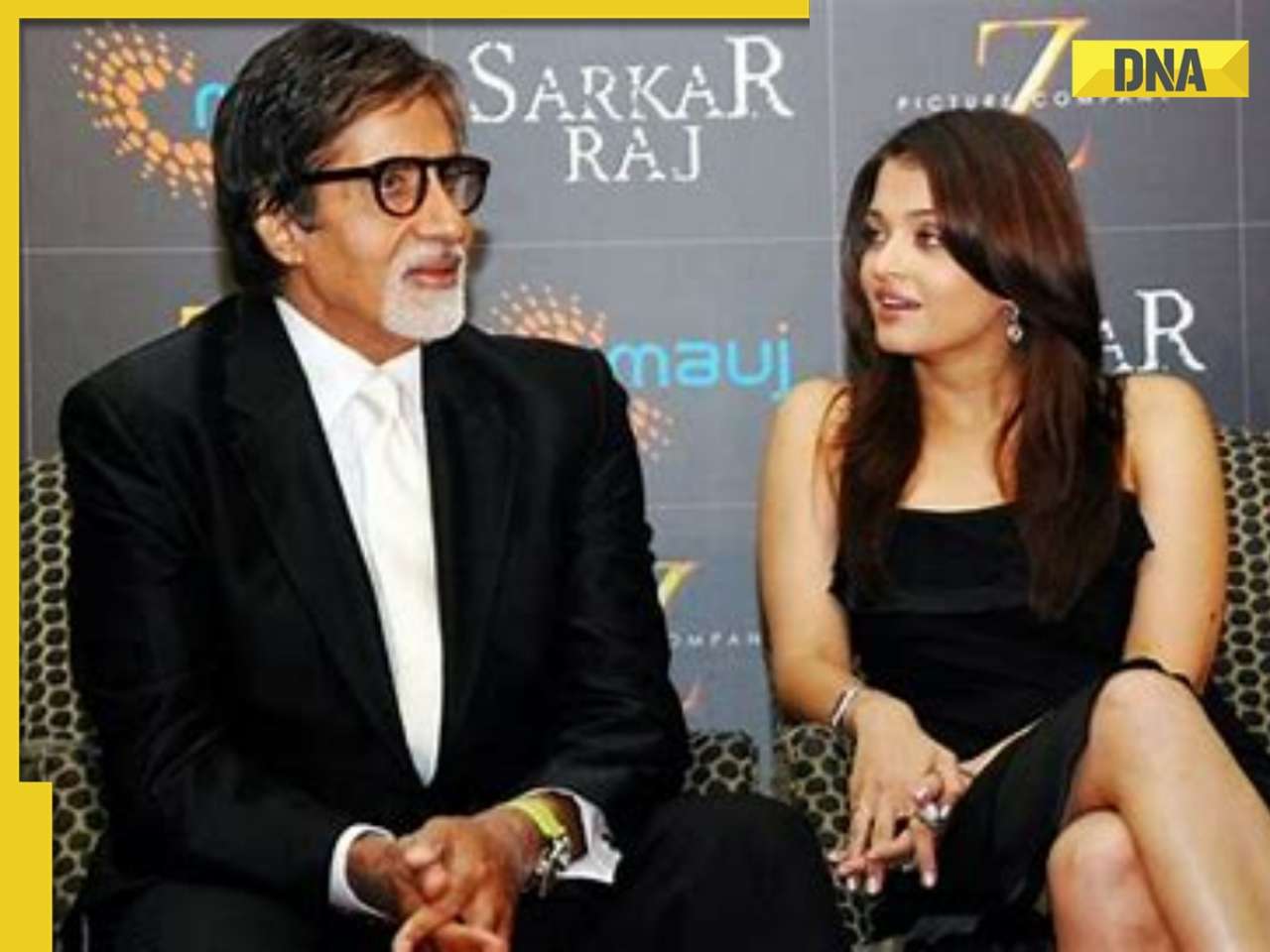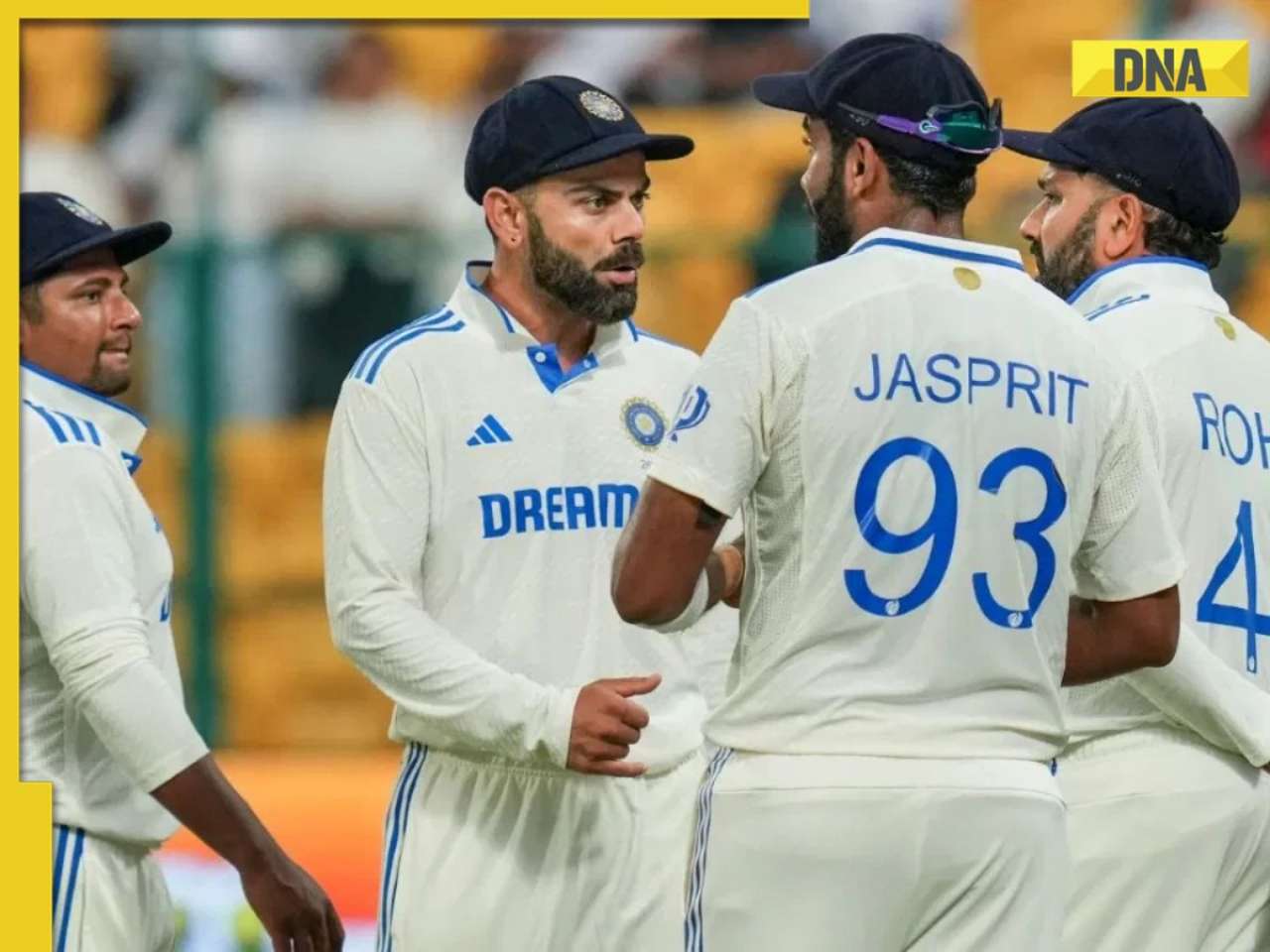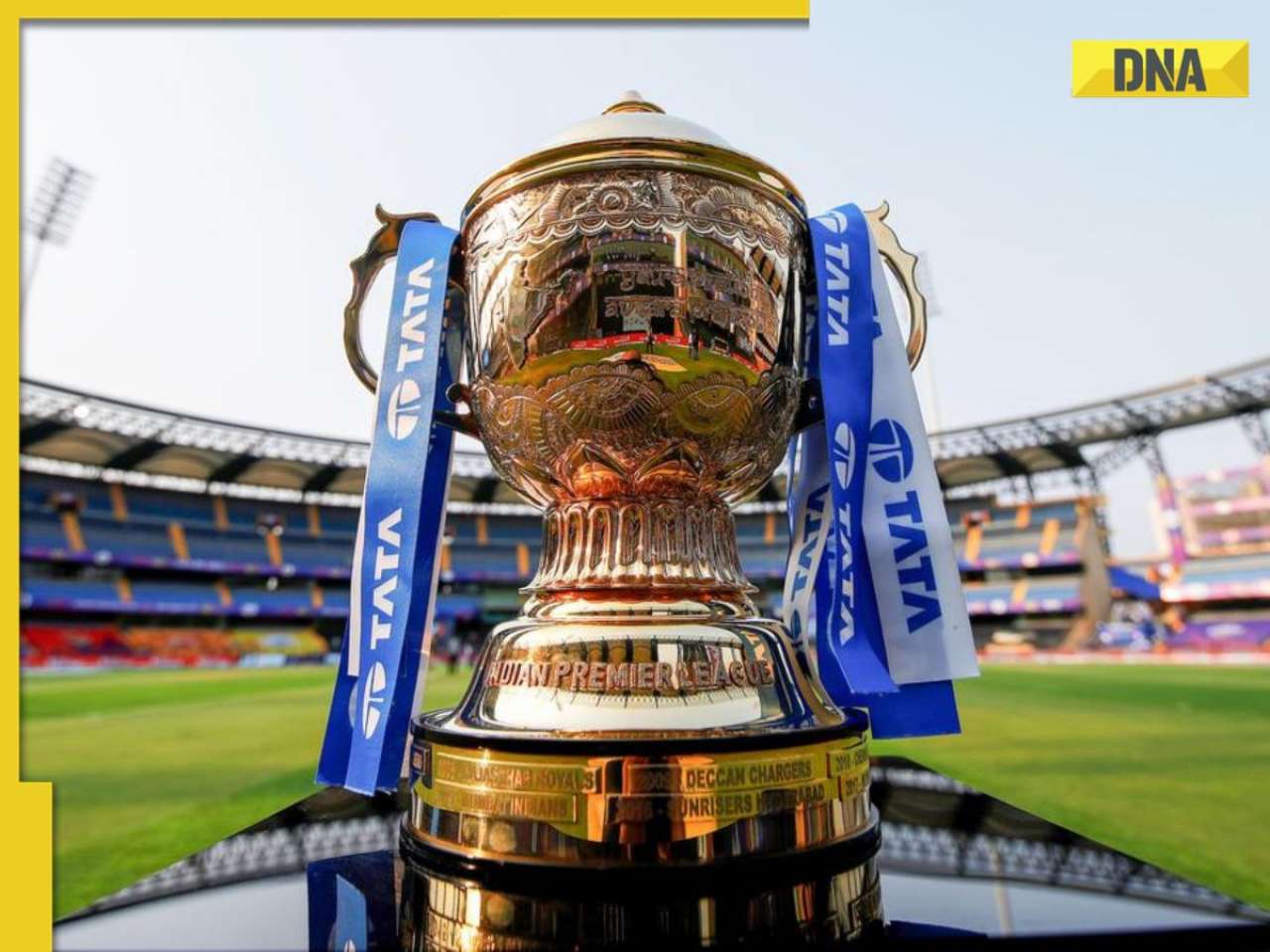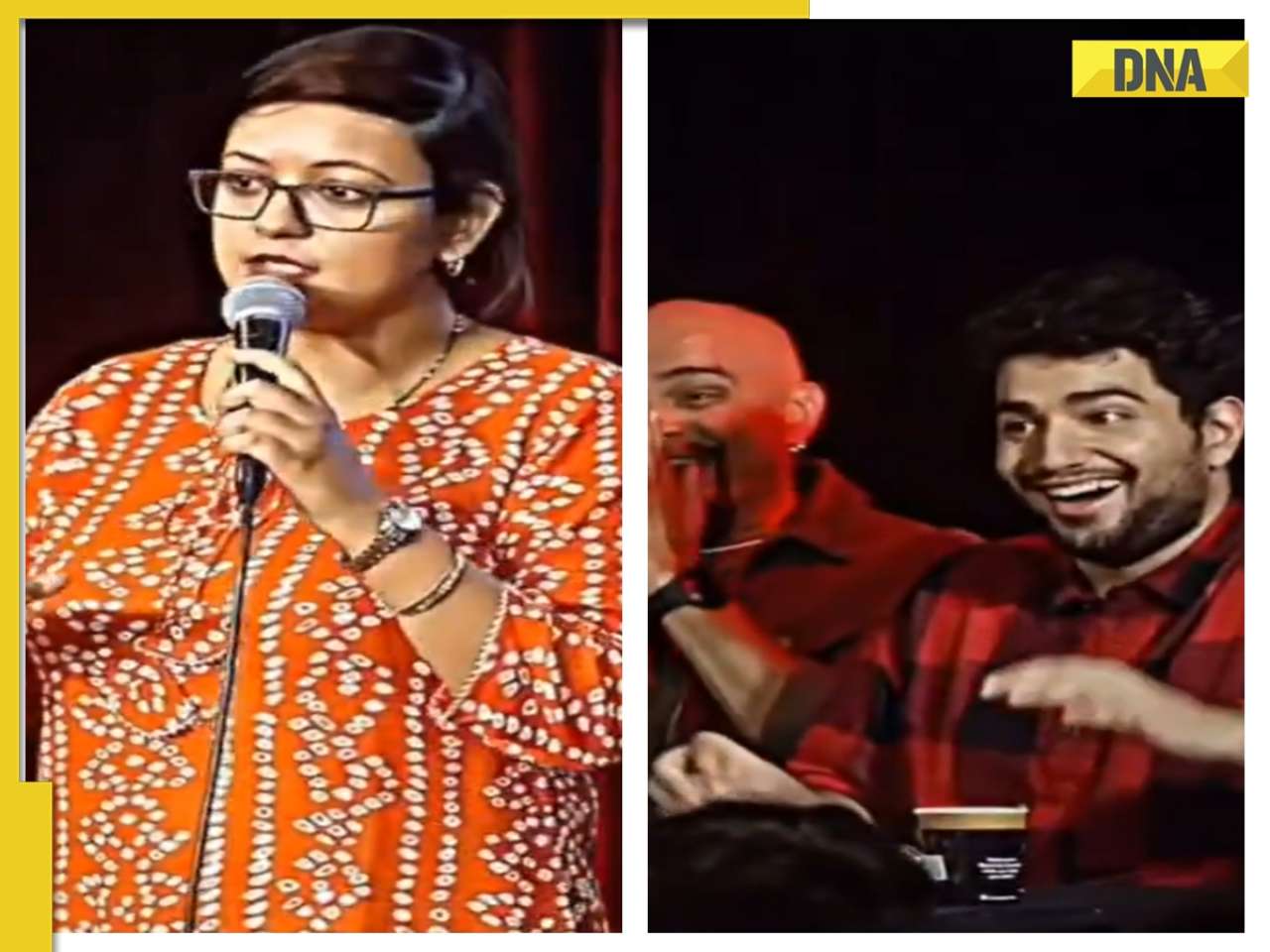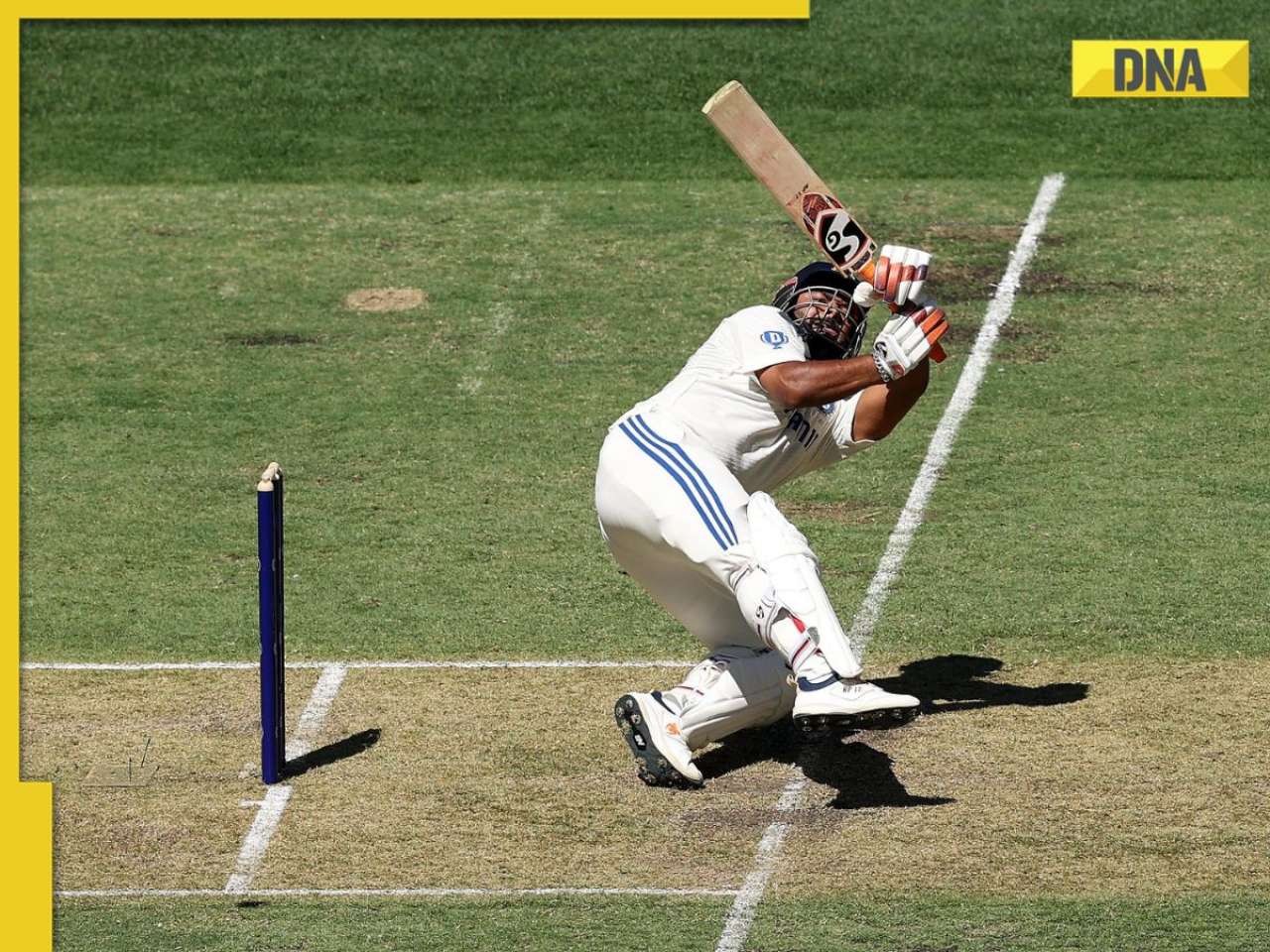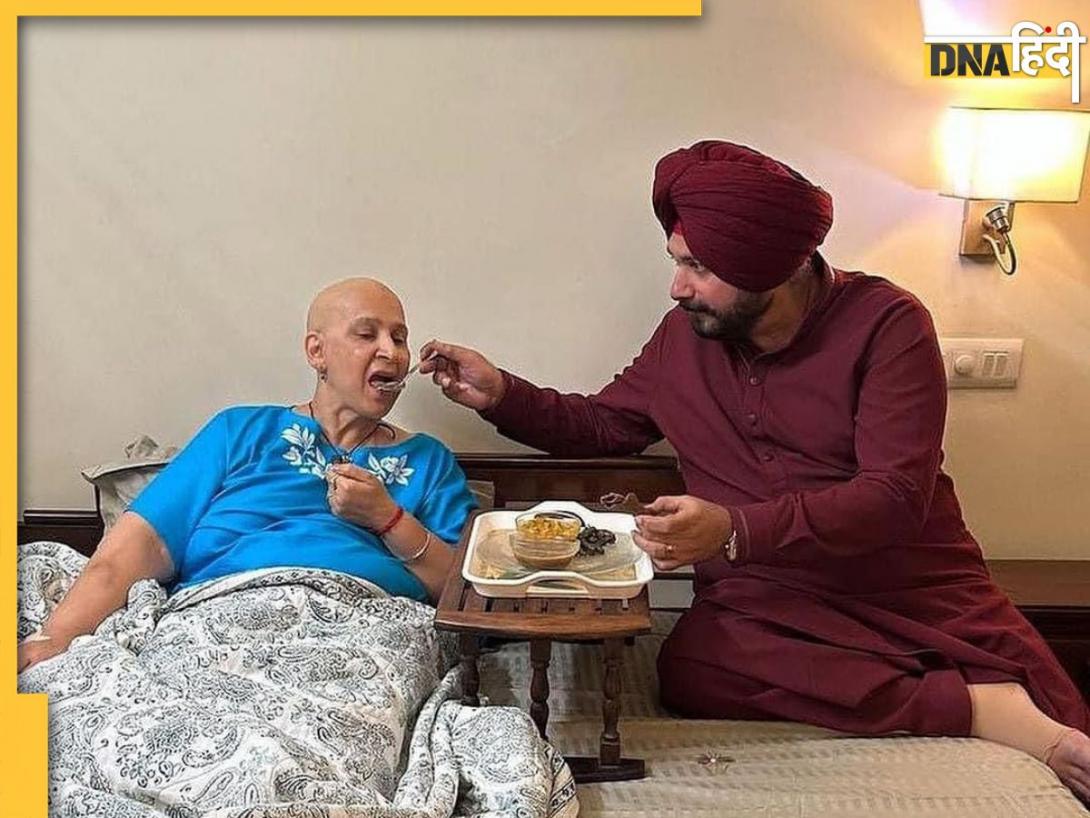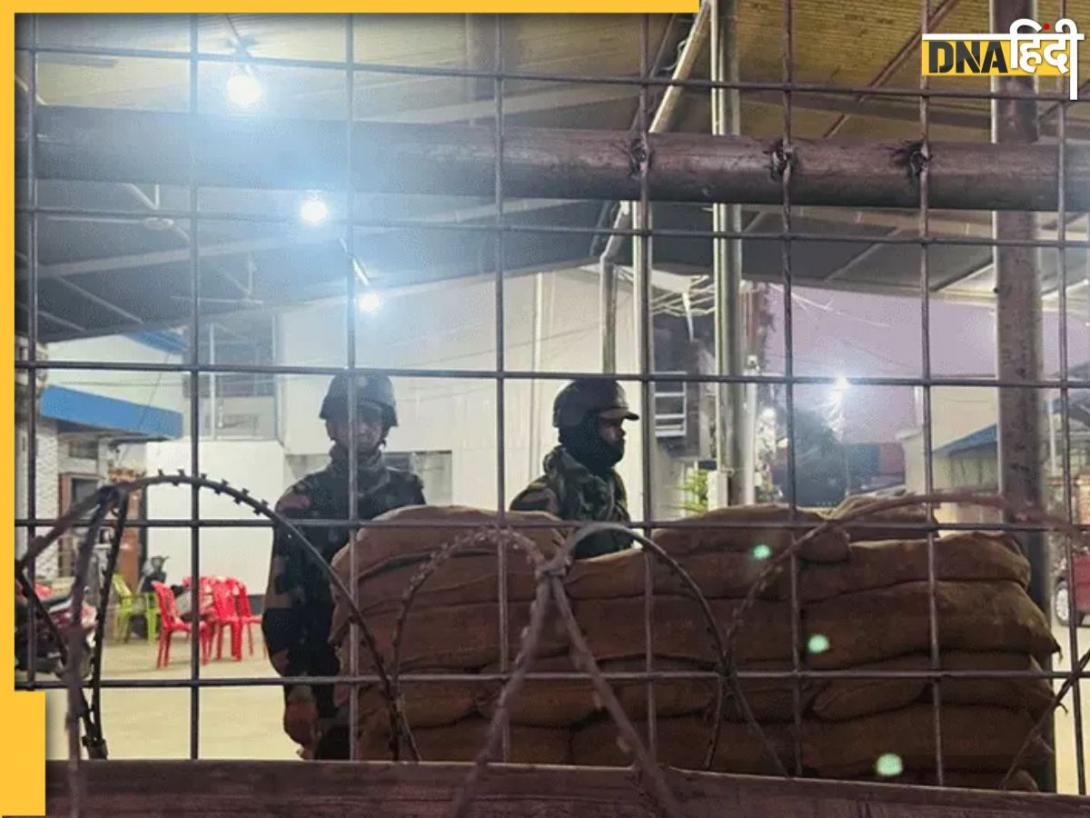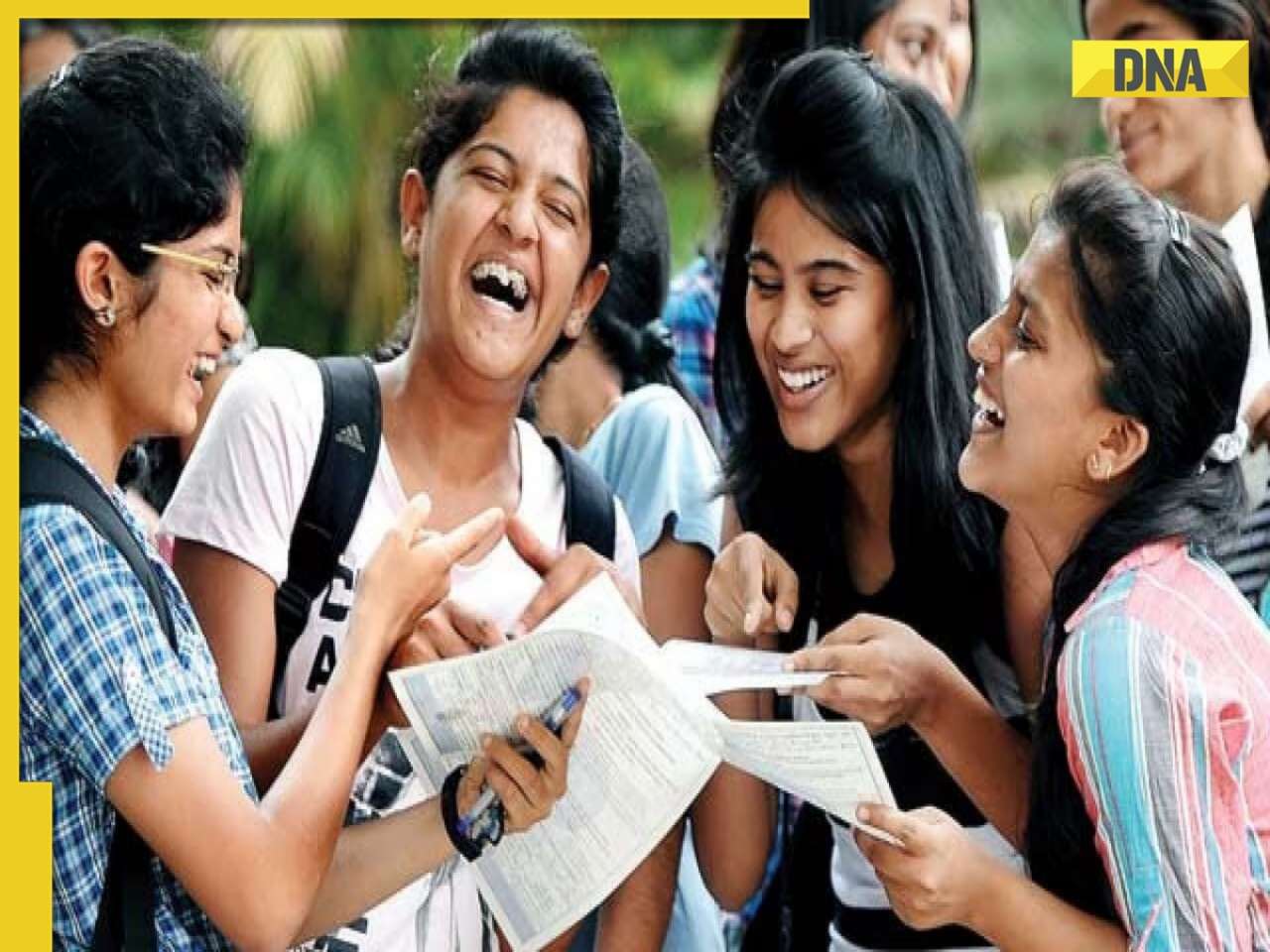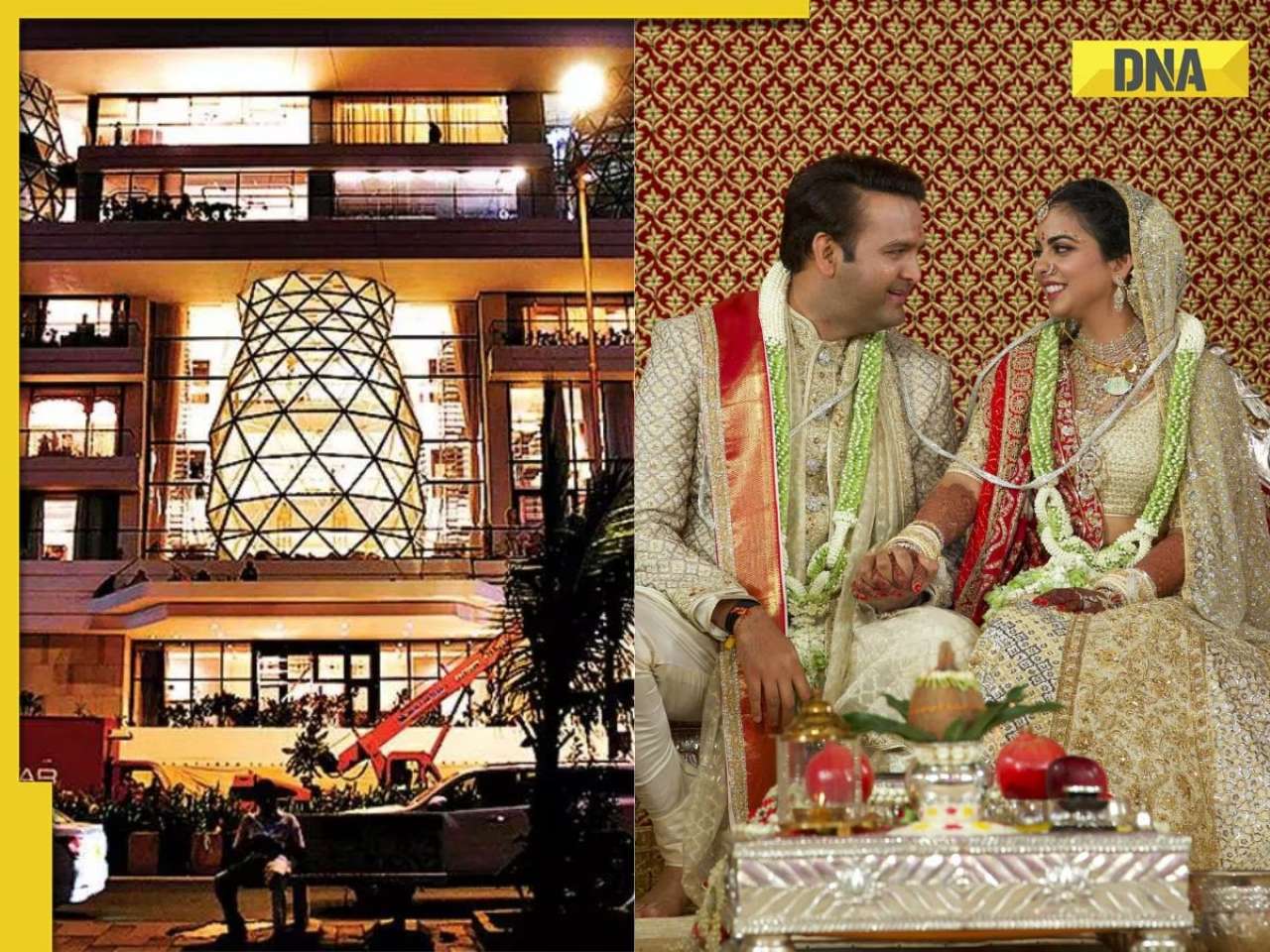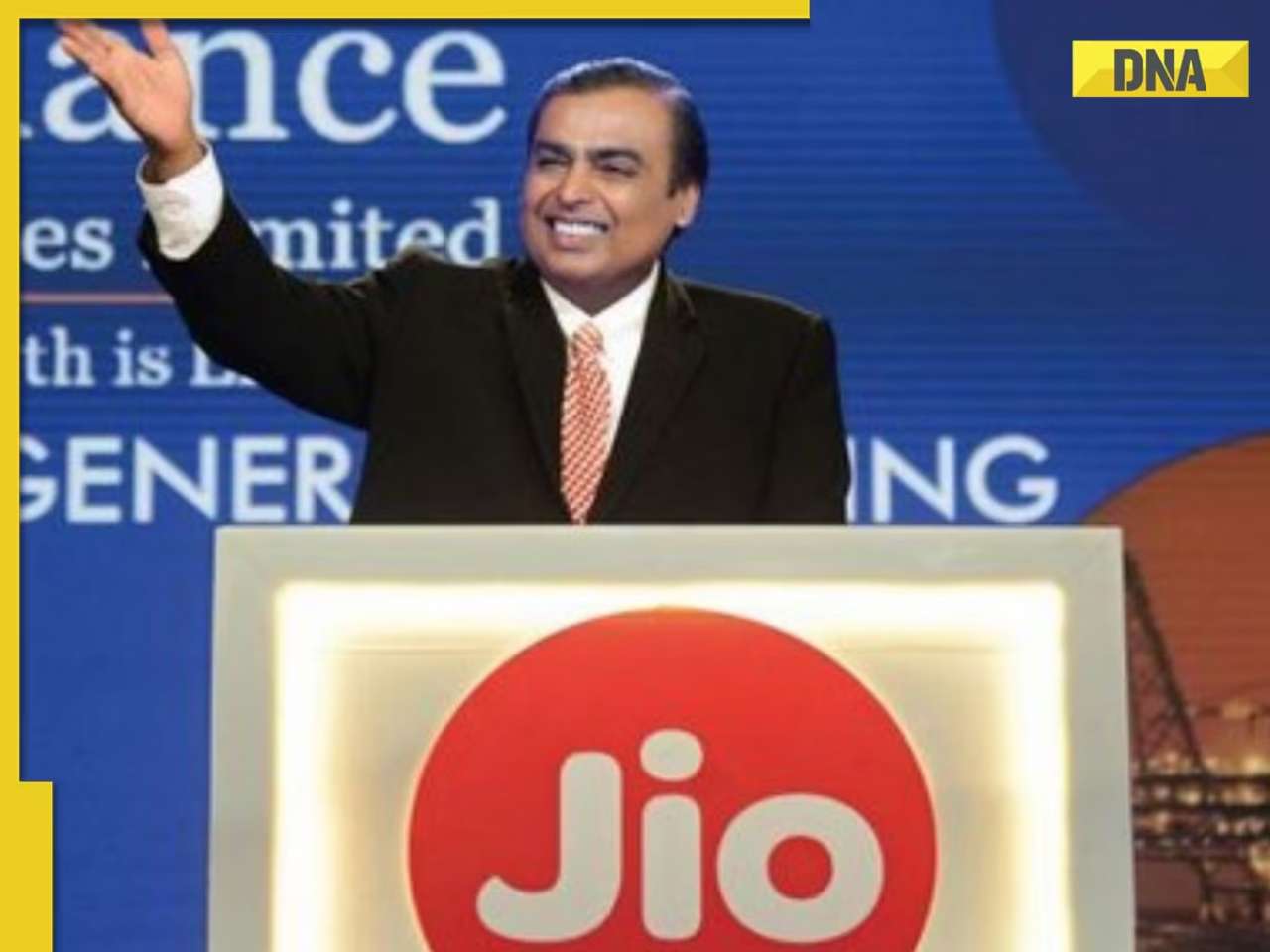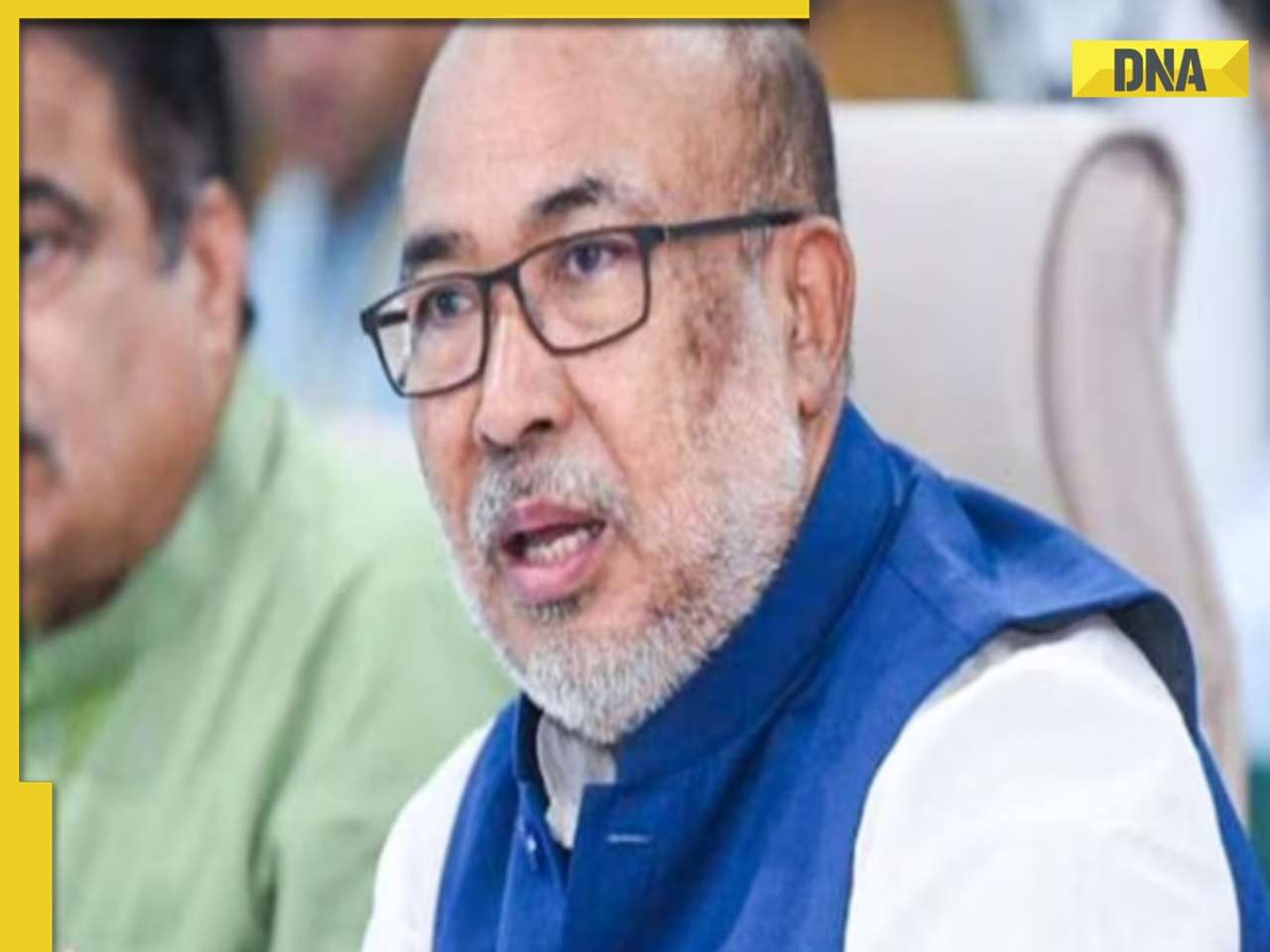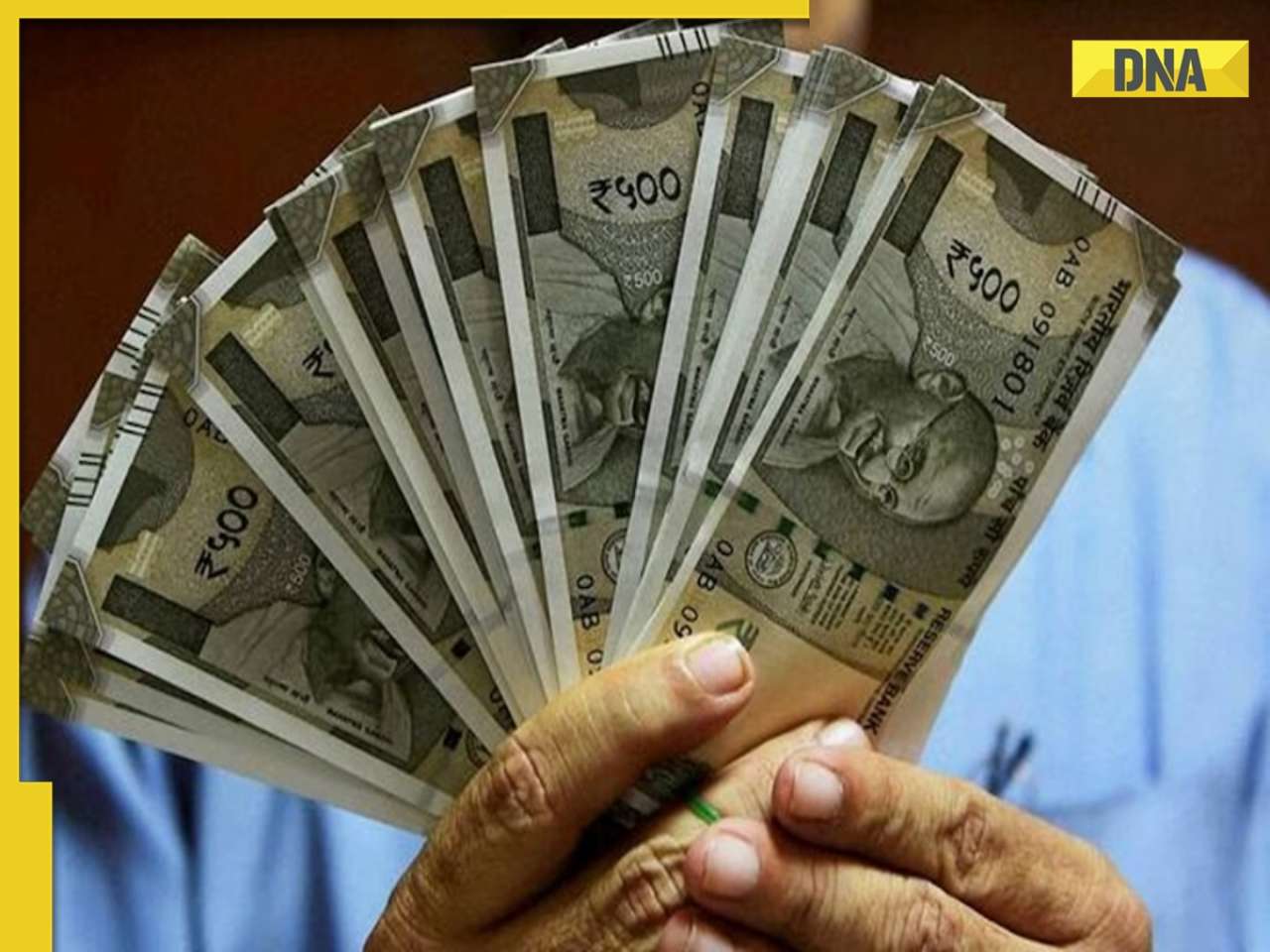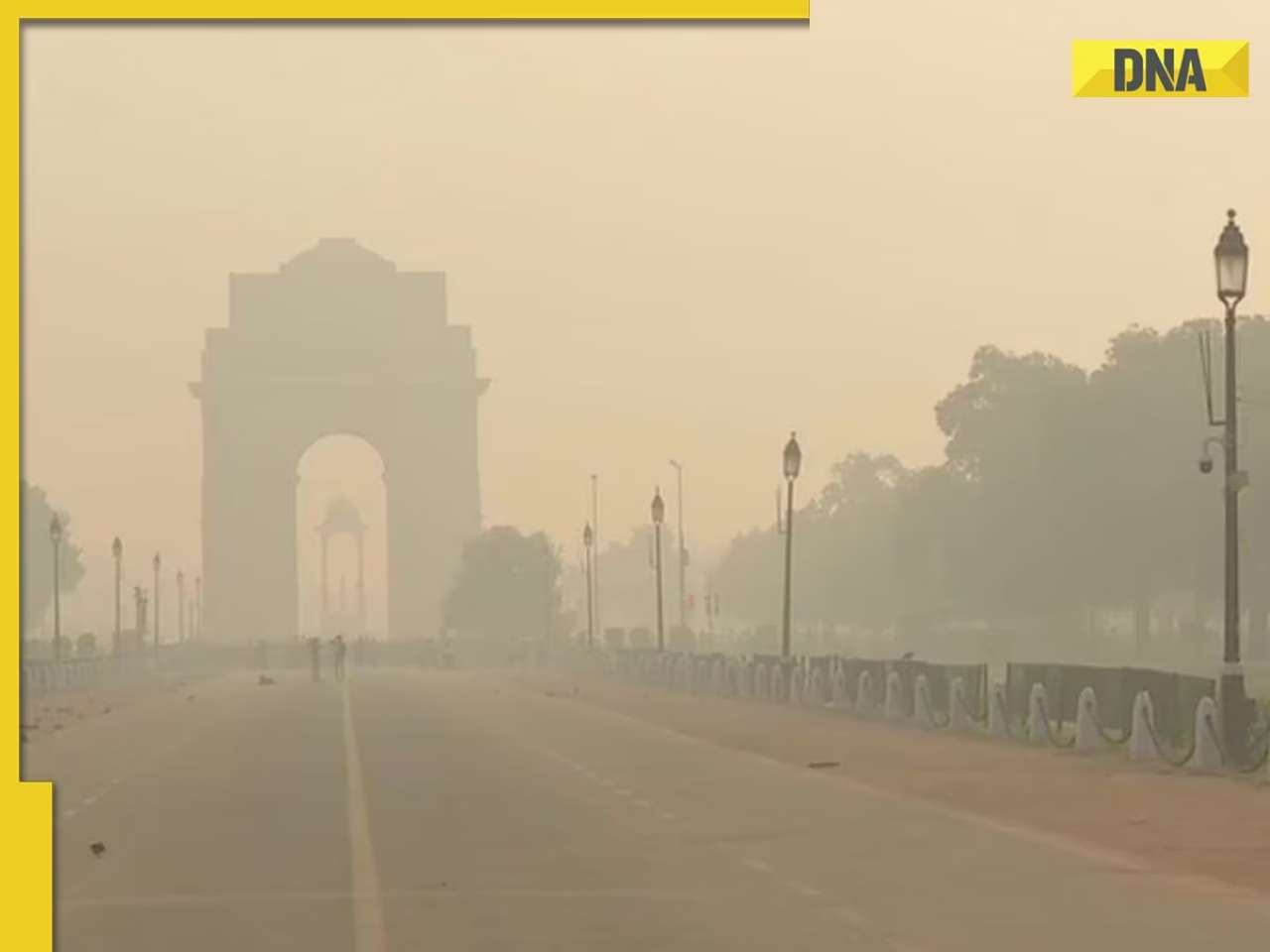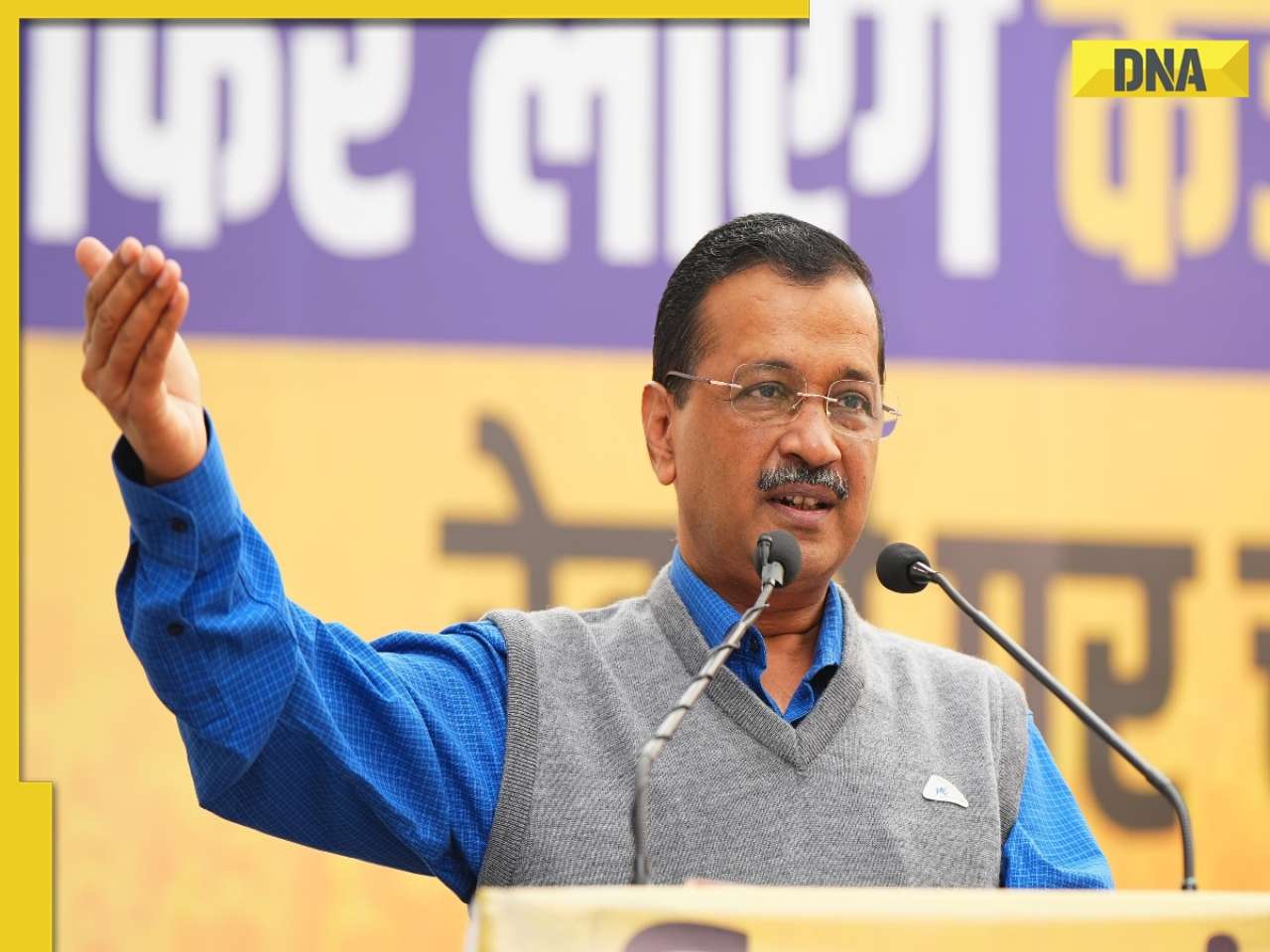- LATEST
- WEBSTORY
- TRENDING
INDIA
What powers the “Section 498A misuse” bandwagon?
Absence of data, “save Indian family” concerns, and of course, a patriarchal judiciary
TRENDING NOW
In 2003, JD Kapur, Delhi High Court judge and author of Laws and Flaws in Marriage: How to Remain Happily Married, stirred a controversy with his judgement in the Savitri Devi case. Playing judge and marriage counsellor both rolled into one and blaming Section 498A of the Indian Penal Code for bringing about a social catastrophe and wrecking havoc on the family, Justice Kapur singled out women who apparently have no compunctions in putting their husbands and in-laws through the torture of the criminal legal process. The police, the stickler for arbitrariness and high-handedness that it is, also came in for strong censure, especially in its ineptitude in handling cases of domestic disputes or marital violence and abuse. Besides the palpable misogyny and a justified outburst against the police, there was no data to substantiate the claim of the calamitous misuse of the provision.
Justice CK Prasad’s judgement in the Arnesh Kumar case delivered earlier this week (2 July 2014), takes off from where Justice Kapur stopped. “The fact that Section 498A is a cognisable and non-bailable offence has lent it a dubious place of pride amongst the provisions that are used as weapons rather than a shield by disgruntled wives,” Justice Prasad says. He also goes on to formulate mandatory guidelines which in effect, strike at the heart of the provision brought about to protect women from marital violence. But these guidelines would infact ensure that the police will err on the side of caution rather than make timely, pre-emptive or even deterrent arrests.
The court relies upon mere statistics, saying that from 2011 to 2012, there was a 9.4% increase in the number of cases registered under Section 498A, 6% of those arrested being women (in the words of the court- “mothers and sisters of the husbands were liberally included in their arrest net”) and that Section 498A accounted for 4.5% of total crimes under the penal code - surpassing all offences other than theft and hurt. The court also adds that while the rate of chargesheeting in cases under this section was 93%, the conviction rate was an abysmal 15% and that out of approximately 3,72,706 cases pending trial, nearly 3,17,000 are likely to result in acquittal.
It is evident that the court was tilting at windmills because the statistics and the correlations drawn on their basis remain poles apart. For instance, an increase in the number of offences registered or complaints filed could very well be attributed to more empowered women and a sensitive constabulary. A dismal conviction rate doesn’t allow us to presume that cases were false or frivolous. As a study by Vimochana in Bangalore demonstrated, patently illegal “compromises” – in which victims and their families are induced or threatened into letting the police drop proceedings against the accused, accounted for many cases being passed off as acquittals. Moreover, the National Crime Research Bureau data shows that out of 1,06, 527 cases registered in 2012, 10,235 – around 10% – were “Cases declared false on account of mistake of fact or of law”. In so far as acquittals go, first, it remains unclear how the court arrived at the conclusion of “distinct possibility”. Second, and more fundamentally, in criminal law, where proof beyond reasonable doubt remains the standard, it is trite that marital cruelty would be difficult to prove, for reasons which do not need any restatement here. How could a court stand on such thin ground to allege falsehood?
The malevolent trope of hordes of mendacious women running amok and the ‘498A epidemic’ isn’t a recent one. Nor is the proclivity to make sweeping generalisations in the absence of any data or credible empirical evidence. What’s worse, almost all the sagacious recommendations at reforming the provision, place ‘family values’ and the sanctity of ‘family life’ on a higher pedestal than the safety of a woman’s life and limb.
Justice Kapur’s judgement was preceded by the findings and recommendations of the Malimath Committee on Criminal Justice Reforms (2003) which suggests that Section 498A should be made bailable and compoundable (the case can be withdrawn and settled by mutual agreement between the parties). In para 16.4.4 Justice Malimath states:
“a less tolerant and impulsive woman may lodge an FIR even on a trivial act. The result is that the husband and his family may be immediately arrested and there may be a suspension or loss of job. The offence alleged being non-bailable, innocent persons languish in custody. There may be a claim for maintenance adding fuel to fire, especially if the husband cannot pay.”
Then, in para 14.10.06, he says that the provision being non-bailable and non-compoundable makes it difficult for the couple to resume their marital ties and family lives once the storm has blown over (if only marital violence, cruelty, harassment and deaths for dowry were so trivial!). Also, since matrimonial violence affects only the victims and not societal values, after the wife has gotten a divorce, criminal proceedings against the husband and in-laws must be discontinued.
The 243rd Law Commission report on Section 498A stated:
“the point to be noted is that the value to be attached to the rights of women are no less than the value to be attached to the family as a unit and vice-versa. The challenge before the community is to ensure the promotion of both values.”
Has the absence of data prevented either the government or the courts from surging ahead? The answer is in the negative.
On 22 August 2003 the Criminal Law (Amendment) Bill, 2003 which included a provision to make Section 498A IPC compoundable with permission of the Court, was introduced in the Rajya Sabha. In the meanwhile, Andhra Pradesh had already amended the law in this manner via the Code of Criminal Procedure (Andhra Pradesh Amendment) Act, 2003, which came into force on 1 August 2003. And on 17 December, I.D Swami the Minister of State for Home Affairs, stated:
“There is no information available with the Government to come to the conclusion that many families in India are suffering due to exaggerated allegations of harassment and dowry cases made by women against their husbands and other family members involving them in criminal misappropriation and cruelty.”
Thankfully the proposed amendments couldn’t be passed. But what the legislature failed at, a court driven by inherent patriarchy achieved by cherry-picking. Section 41 of the Code of Criminal Procedure which vests the police with powers to arrest without a warrant, forms the plinth of Justice Prasad’s guidelines. This was enacted on the basis of the 177th Law Commission Report which examined how the police’s carte blanche powers of arrest and their consequent misuse could be prevented. It focused mainly on ‘public’ offences, and made no mention of Section 498A. One cannot help wonder, what could have weighed on the judge’s mind to apply such a ‘reasoning’?

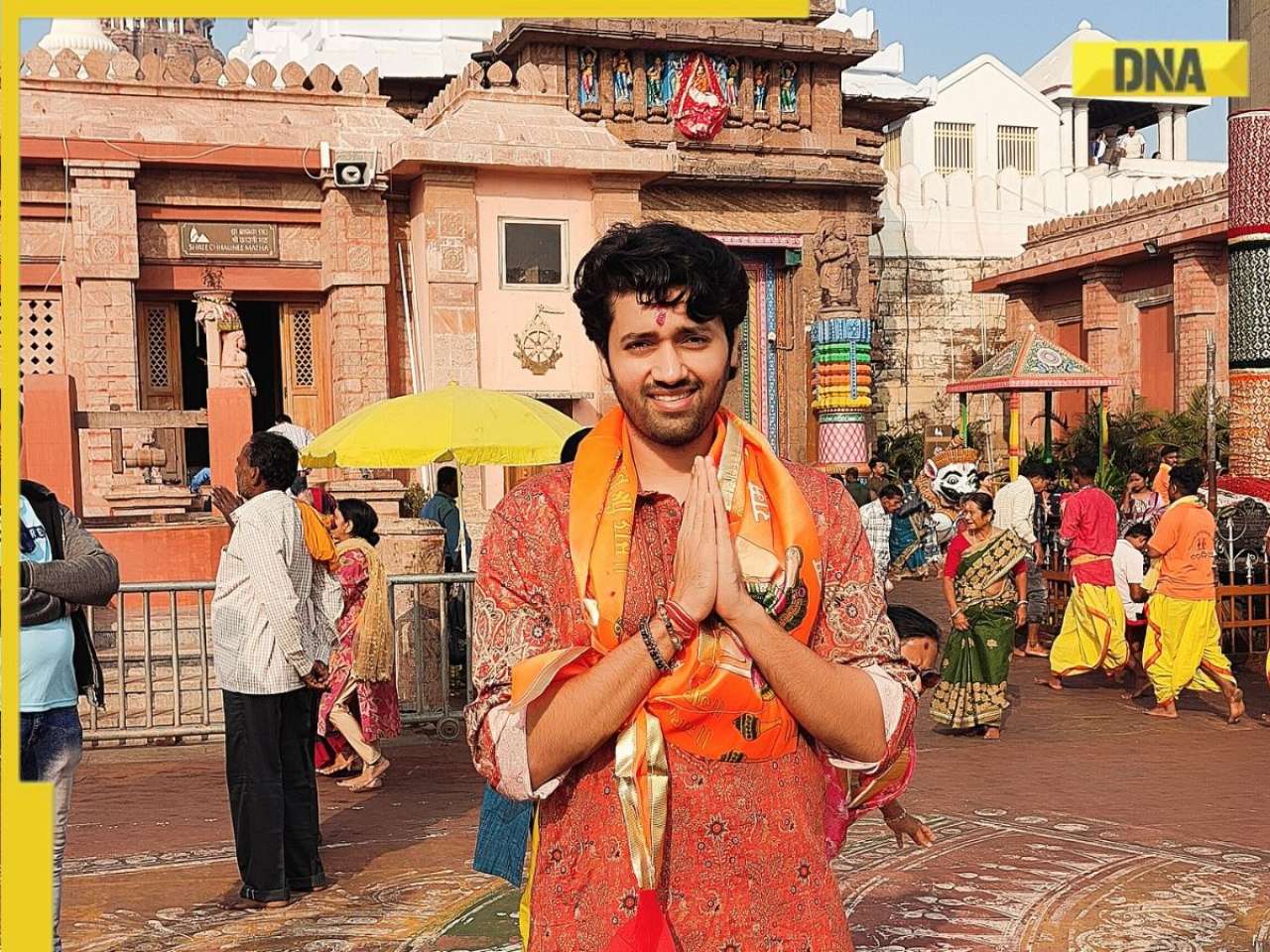
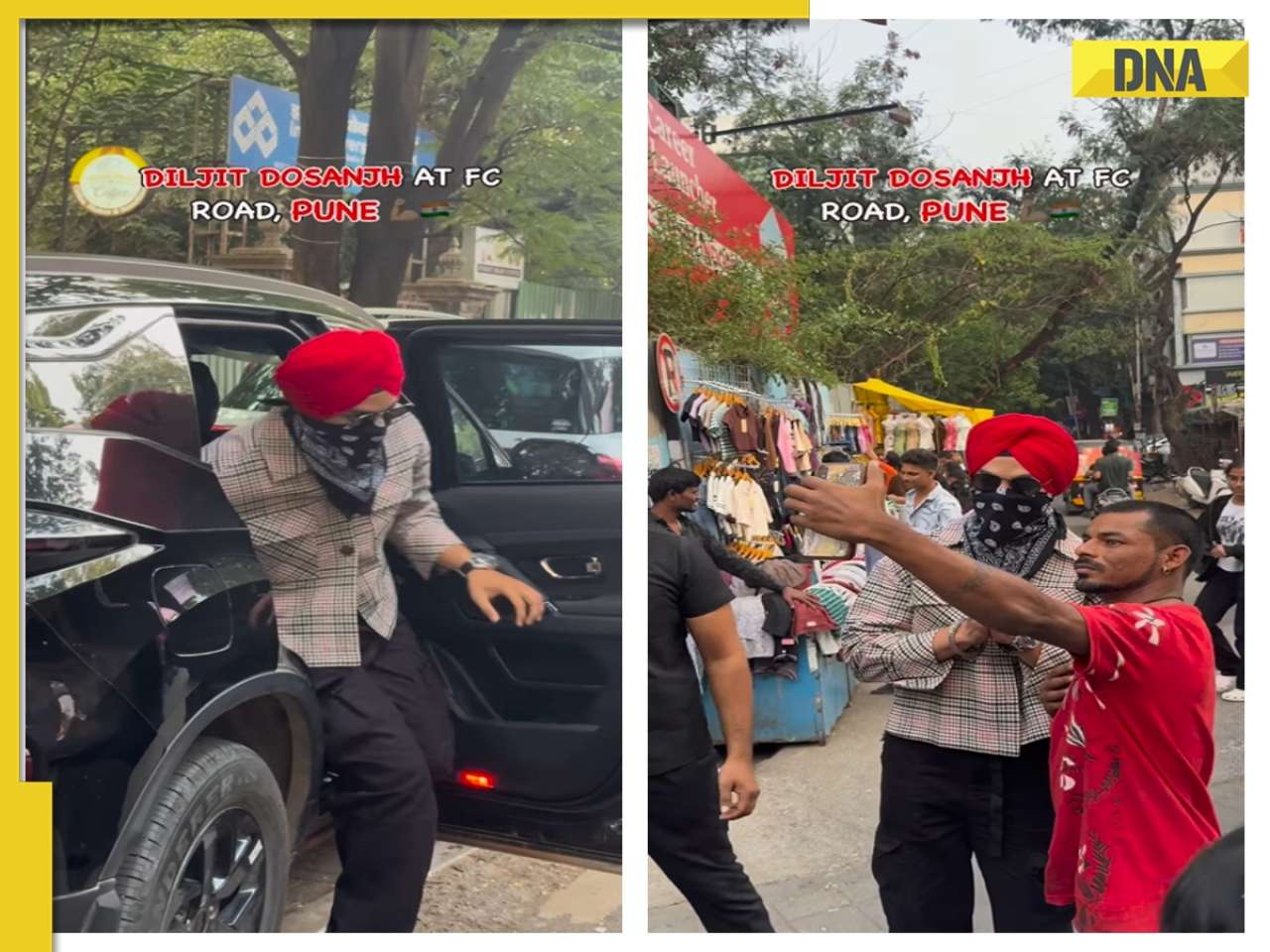




)
)
)
)
)
)
)
)
)
)
)
)
)
)
)
)






